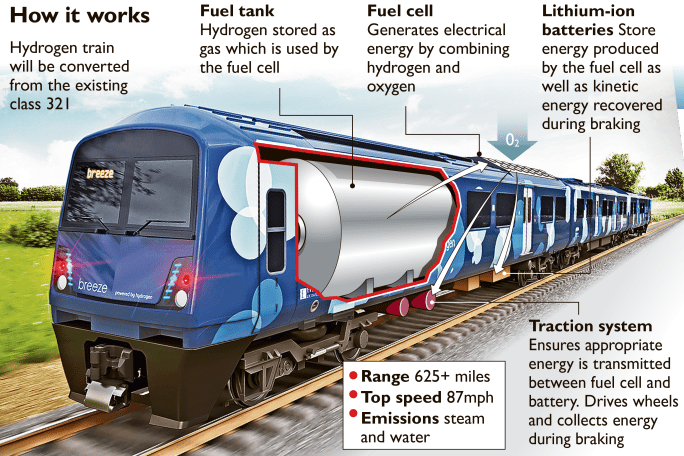Emblematic
Member
- Joined
- 14 Aug 2013
- Messages
- 659
The Hindenberg was the 'final nail' in what was already a dreadful safety record for rigid airships, even by the poor aviation standards of the 20s and 30s. The R101 crash had finished off interest from the UK aviation industry earlier in the decade. Live footage of an accident in progress was very rare, and would have had a disproportionate effect on the public. A plane disappearing in the countryside, with maybe some newspaper still photos of wreckage some days later, has relatively little impact even now.I believe modern fuel hydrogen is treated to give visible flame for safety.
Still, if the Hindenburg disaster killed off airship travel, why do we still use jet airliners after several fiery crashes, many leaving no survivors?
I don't believe there are any common additives for H2 fuels, if anything an odorant would be most likely to enable detection of unlit leaking gas (a similar problem to natural gas.)
Fire is quite a minor concern with H2, the almost invisible flame generates almost no radiant heat, and overpressure can be safely dealt with by controlled venting. The big issue is detonation (think Fukushima Daiichi rather than Hindenberg.) H2 has one of the widest concentration ranges for both flammability and explosion, hence a small leak into a building or room can be very serious. I think that had led to the design of the Breeze conversion, keeping all of the H2 components in a separate compartment which will likely be so well ventilated that a flammable concentration cannot build up.

